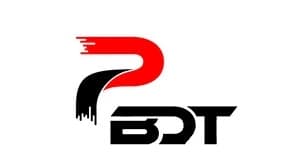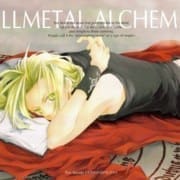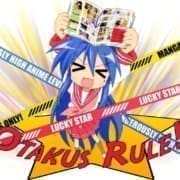Delving into Symbolism in Fullmetal Alchemist
Delving into Symbolism in Fullmetal Alchemist
Throughout its captivating narrative, Fullmetal Alchemist artfully interweaves intricate symbolism that illuminates its themes and deepens the complexity of its characters. The symbolism, often deftly couched within the realm of alchemy, religion, character relationships, geographical locations, and the very process of transmutation, provides a fertile ground for an expansive exploration. It not only reveals the complexities of philosophy, morality, society, and power dynamics within the FMA universe, but also mirrors many prevailing real-world issues and questions, crafting a poignant allegorical representation that transcends the boundary between fiction and reality.
Alchemy and Religion
Alchemy in Fullmetal Alchemist
In Fullmetal Alchemist, alchemy is depicted as a scientific technique of understanding the structure of matter, breaking it down, and reconstructing it. However, alchemy in this series is not confined to its scientific basis but also ventures into the realm of mysticism and metaphysics. The practice of alchemy within the series is utilized to reinforce the show’s exploration of themes such as morality, sacrifice, and the power of human will.
Its principle known as the Law of Equivalent Exchange, which states that “In order to gain something, one must lose something of equal value,” underlines the ethical quandaries faced by the characters. This principle fundamentally governs all alchemical transmutations and carries a weight of philosophical contemplation, underlining the struggles faced by the series’ protagonists, the Elric brothers.
Religious Undertones and Alchemy
One of the key components in the Fullmetal Alchemist narrative is the distinct interplay between alchemy and religion. The series contains many religious allusions, most notably to Christianity, which are often pitted against the scientific principles of alchemy. It discusses topics of faith, doubt, and spirituality through fictional religions such as Ishvala and Letoism.
The city of Liore, under the Prophet Cornello’s influence, believes in the Sun God Leto, and the false miracles performed using alchemy are considered divine intervention. This showcases the conflict between faith and human manipulation and the dangers of blind faith.
The Ishval War of Extermination, a major plot point in the series, showcases the clash between Ishvalan religion and Amestrian alchemy. The Ishvalans believe that alchemy, which manipulates God’s creations, is blasphemous. The storyline traverses through the path of retribution, forgiveness, and reconciliation, showing that religious beliefs can both divide and unite people.
Alchemy: The Ethical Implications and Moral Consequences in Fullmetal Alchemist
In the acclaimed series Fullmetal Alchemist, a unique interpretation of alchemy is intertwined with important moral lessons. The story centers around the Elric brothers, Edward and Alphonse, whose attempt to contravene the natural laws by resurrecting their deceased mother through alchemical means brings dire consequences. This endeavor results in Edward losing his limbs, and Alphonse losing his entire physical body.
The severe punishment that ensures serves as a vivid caution against playing God, delving into a labyrinth of philosophical and ethical dilemmas. The brothers’ journey to correct their deed and reclaim their original bodies forms the backbone of the series, revealing the profound effects of guilt, loss, and unyielding determination.
Alchemy in Fullmetal Alchemist is thus portrayed more of a magnifying glass, shedding light on multiple facets of human nature, faith, personal beliefs, and the challenge of adhering to one’s moral code.
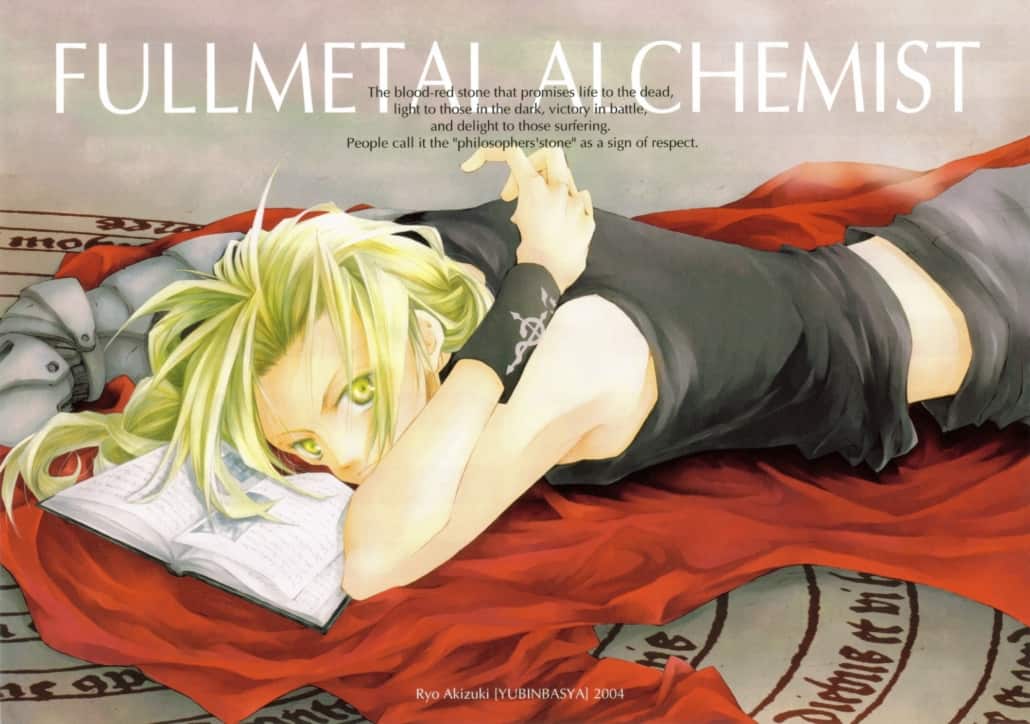
The Philosopher’s Stone Symbolism
Deciphering the Symbolism of the Philosopher’s Stone in Fullmetal Alchemist
In the realm of Fullmetal Alchemist, the Philosopher’s Stone assumes a deeply symbolic role. Countless alchemists within the series chase after this mysterious stone, enticed by the siren song of unlimited power it allegedly offers. The stone has come to symbolize the elusive, absolute power, the incessant human pursuit of which dominates the series’ narrative. The stone is also believed to hold the power to violate the fundamental law of alchemy, which states that to create something, something else of equal value must be given in return. Hence, the Philosopher’s Stone can be viewed as the embodiment of a power so extreme, it blurs the boundaries of established norms.
Representation of Infinite Power
A key aspect of the Philosopher’s Stone’s symbolism is the infinite power it supposedly possesses. It embodies the human ambition to transcend mortality and limitation. The stone, however, is not as limitless as it appears. Despite its promise of granting immortality and infinite alchemical abilities, it has its own restrictions. The continuous use of the stone diminishes its power, reflective of the finite nature of all things in life. This could be an allegory to the real-life principle of resources depletion and the overexploitation caused by human greed.
Ethical Quandaries in its Creation
In addition to being a symbol of infinite power, the Philosopher’s Stone also embodies several ethical dilemmas. Its creation involves horrendous human sacrifices, shedding light on the ugly side of scientific advancement. The alchemists in the series grapple with their personal ethics and the moral implications of using the stone. This ethical struggle parallels real-world conundrums around scientific progress where vast increases in knowledge and capability frequently come with significant moral, ethical, and social drawbacks.
Scientific Advances and Morality
The ethical quandaries presented in the creation and possession of the Philosopher’s Stone mirror the real-life tension between scientific advances and morality. Just as the alchemists are tempted by the Stone’s power, so too are scientists and society drawn to the vast potential of scientific development. However, with the progression of science, a moral cost often arises, be it environmental damage, ethical implications of genetic modifications or human exploitation. In Fullmetal Alchemist, the stone is a grim reminder that enormous power and unlimited potential often require great sacrifices, posing important questions on the costs humanity is willing to pay for attaining the ultimate knowledge or power.
The Philosopher’s Stone: Power, Desire, and Corruption
In Fullmetal Alchemist, the Philosopher’s Stone symbolizes not only power but also the intense desire that such power elicits, and the consequent corruption that often ensues. Its allure proves too strong to resist for many characters, leading them down a path of moral and ethical compromise. This powerful representation echoes the harsh reality of how ambition, when coupled with unchecked power, can blur one’s ethical boundaries and lead to self-inflicted ruin. Thus, the Philosopher’s Stone becomes a symbol of the hazardous journey, wherein characters find their once clear intentions muddied by the prospect of achieving absolute power.
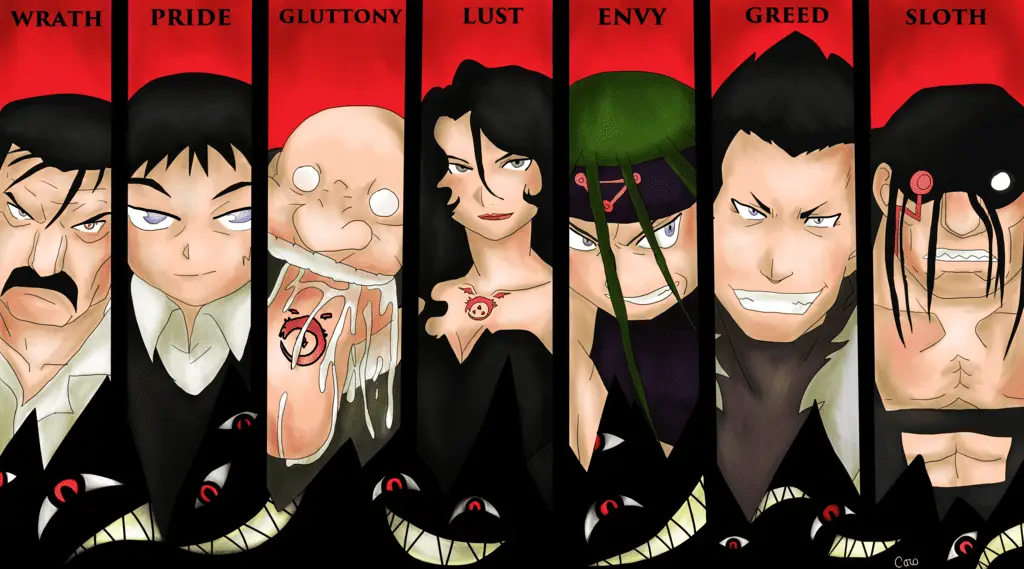
Symbolism in Characters and Their Relationships
Character Symbolism in Fullmetal Alchemist
The tale of Fullmetal Alchemist gains depth and complexity through the profound symbolism expressed in its characters. The two central figures, the Elric brothers, Edward and Alphonse, exemplify contrasting symbolic natures. Edward, the persistent and determined older brother, stands as a symbol of the zealous quest for knowledge. His lost limbs serve as stark reminders of the costs associated with recklessly pursuing the ambiguous theory of equivalent exchange. In stark contrast, Alphonse, trapped in an ethereal form, signifies the essence of sacrifice and embodies the rare attribute of empathy. His character shines as a moral compass within the often complex and ambiguous universe of Fullmetal Alchemist.
Symbolism in Philosophy and Society
The Fullmetal Alchemist also delves deep into the symbolism of various philosophical and societal themes. The concept of equivalent exchange is a recurring motif, symbolizing the world’s give-and-take nature. The idea that one must offer something of equal value to gain something else is not just a rule for alchemy but also a suggestion for life. It reveals a profound understanding of the balance and harmony in the universe.
The Homunculi characters also embody a fascinating and diverse array of societal evils and human vices, reflecting the seven deadly sins of Lust, Envy, Greed, Gluttony, Wrath, Sloth, and Pride. Their individual flaws offer commentary on the inherent weaknesses and potential for evil within humanity.
Symbolism in Relationships
The relationships within the Fullmetal Alchemist series prove to be another fertile ground for exploring symbolic elements. For example, the bond between the Elric brothers symbolizes a profound critique of the concept of family and morality in the face of adversity. Their unwavering loyalty and love for each other reflect the enduring values of familial bonds and an extended exploration of the moral universe.
Conversely, the relationships between the Homunculi and their ‘father’ manifest a twisted representation of familial bonding, illustrating the detrimental effects of destructive relationships affected by manipulation and fear. The stark juxtaposition between these relationships highlights the spectrum of human interactions, from the thoroughly genuine to the deeply malevolent.
Exploring Symbolism in Fullmetal Alchemist
On its surface, Fullmetal Alchemist may appear as an engaging anime series, but dig a little deeper and you’ll unearth a treasure trove of well-crafted symbolism found within its characters, their relationships, and the societal themes elaborated. Delving into these layers of meaning offers a rewarding and enriching experience for viewers, further amplifying their appreciation of this much-loved series.
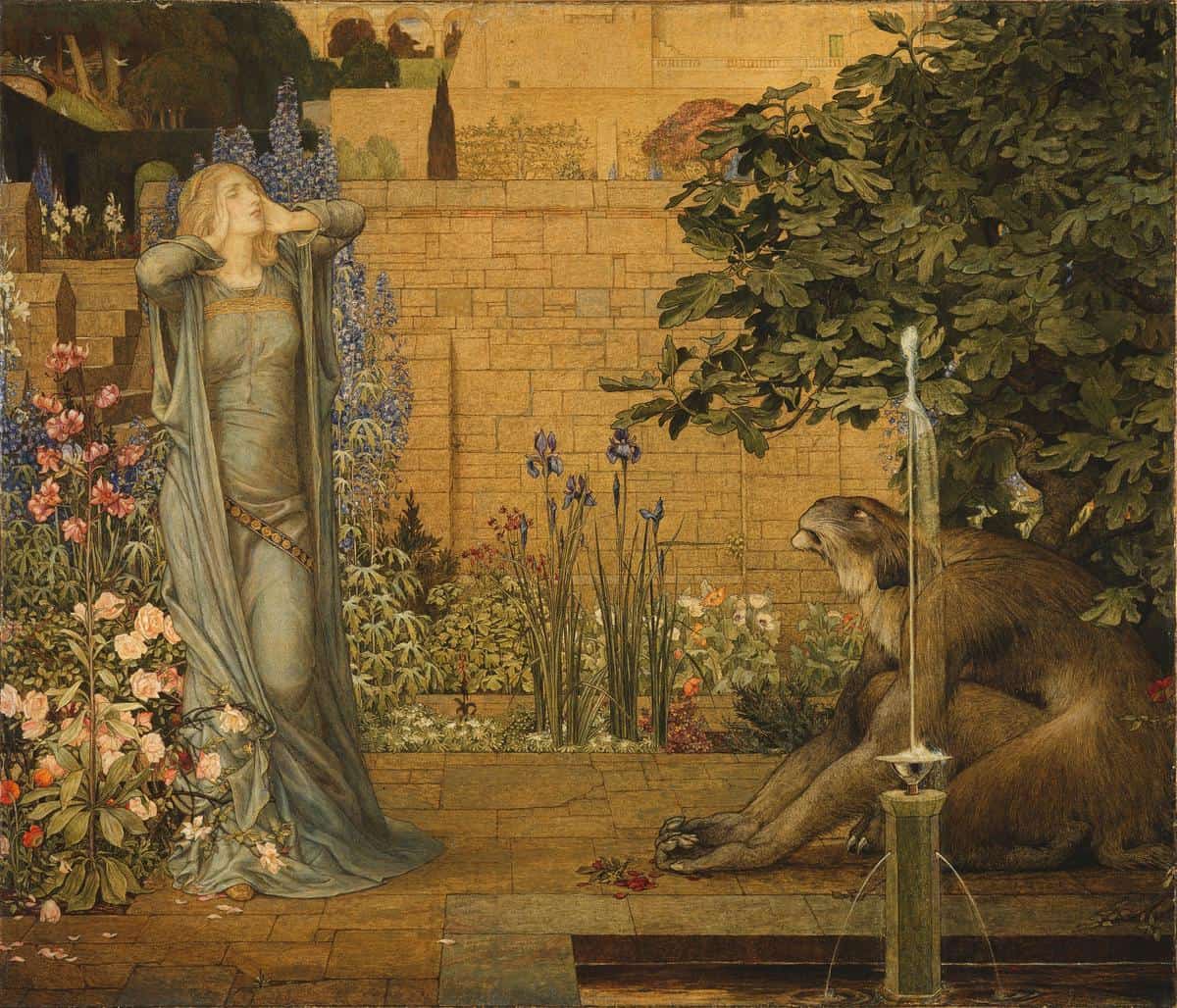
Photo by birminghammuseumstrust on Unsplash
Symbolism in FMA’s World-Building
Unveiling Imperialism in Amestris
Amestris, the prominent nation in Fullmetal Alchemist, offers a powerful symbol of Imperialism. Its belligerent policies and military dominance present strong reflections of historical imperial nations. The capital city, Central, manifests this imperialism with towering skyscrapers and sprawling military infrastructures that outwardly signify its overriding dominance. The expansionist approach of Amestris, marked by its annexation of neighbouring territories, further underscores the stark imperialistic metaphor.
Ishval and Racism
Ishval represents the colonized or occupied lands, symbolizing the victims of institutional racism and xenophobia. The series explicitly mentions an Ishval Civil War, inferring a factual commentary on real-world ethnic conflicts. The genocide against the Ishvalan, who are depicted as a visibly distinct ethnic group, portrays the oppression against minorities. The ostracization and discriminatory treatment against Ishvalans echo the world’s real historical events like the apartheid.
Military System as Hierarchy and Corruption
The military organization in Fullmetal Alchemist represents power hierarchies and corruption. This intricate system is often portrayed as bureaucratic and heavily influenced, if not controlled, by unfair power dynamics and unethical practices. Officers abuse their positions for personal benefits, showcasing the grim reality of how power can corrupt. Additionally, the military also represents the enforcement of state control over the common people, curbing their free will and rights.
Philosopher’s Stone and Ethical Dilemma
Another significant symbol is the Philosopher’s Stone, a powerful object that grants abilities which sidestep the laws of alchemy. However, its creation involves human sacrifice, highlighting a continuing ethical dilemma – do the ends justify the means? This dilemma is representative of ethical concerns in scientific advancements and experiments, signifying the importance of holding onto humanity through such advancements.
Alchemy as Science and Religion
The concept of Alchemy itself carries its own symbolism – it represents both science and religion in the series. Like science, alchemy is used to explore and manipulate the natural world, displaying an obvious scientific parallel. At the same time, characters often refer to alchemical transmutation as a kind of deific power, symbolizing religious aspects. This dual representation suggests that beliefs and facts, though seemingly contrasting, can co-exist.
Fullmetal Alchemist: A Story of War
Fullmetal Alchemist’s storyline is imbued with symbolism which, first and foremost, represents the ramifications of war and sociopolitical upheaval. Commencing in the aftermath of the brutal Ishvalan Civil War, this conflict echoes real world warfare. The narrative explores the fallout of war from various perspectives: from the personal losses experienced by the Elric brothers — their bodies — to the wider societal shifts such as the mounting tension between Amestris and Ishval. This is not merely a representation of historical conflict but also serves as a harbinger of the potential consequences of aggression and war.
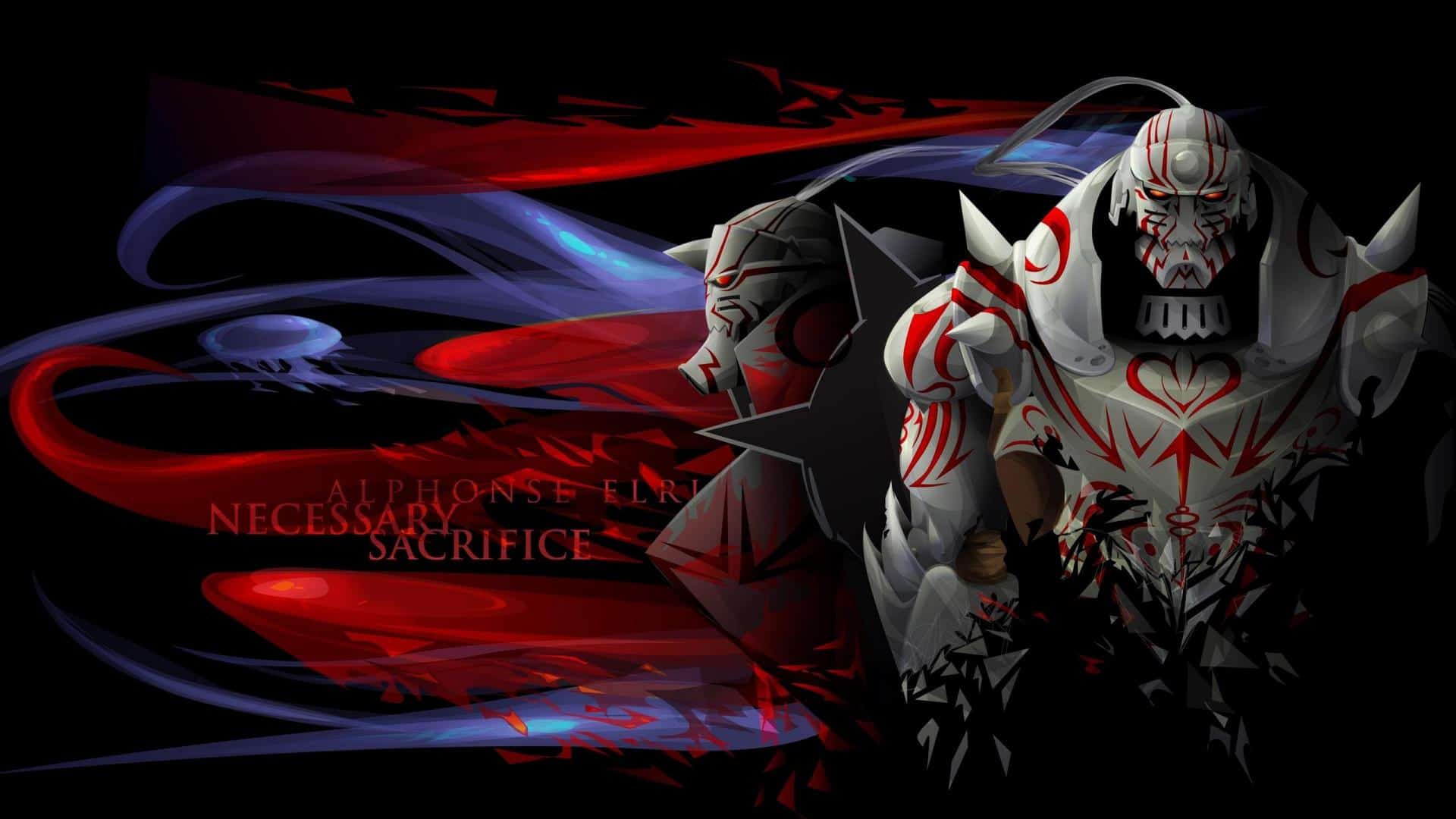
Symbolism in Alchemy Circle and Transmutation
The Symbolic Significance of Alchemy Circles and Transmutation
Taking a more intimate look at the characters, Fullmetal Alchemist assigns substantial symbolic importance to the alchemy circles they use. Not simply tools for manipulating energy, these circles communicate the individual philosophies of the characters and symbolize the cyclical nature of life.
The intricate design of each alchemy circle is telling, with every symbol, stroke and dot bearing unique and specific meanings. For instance, consider the transmutation circle utilized by protagonist Edward Elric. His circle features the Hermetic symbol for the philosopher’s stone, signifying a relentless quest for knowledge. Moreover, it includes the icon of a serpent devouring its own tail, an ancient alchemical symbol signifying the perpetual cycle of life and death, destruction and creation.
Types of Transmutations and Symbolic Meaning
In Fullmetal Alchemist, there are several types of transmutations, each highlighting different philosophies and uses of power. Human transmutation, for example, is a forbidden practice because it involves altering or creating human life, which goes against the law of equivalent exchange. This law states that in order to obtain something, something of equal value must be given up. This mirrors the idea of natural balance, a recurring theme in the world of alchemy.
The flame alchemy used by Roy Mustang involves a transmutation circle featuring a salamander, which symbolizes fire and rebirth in Greek and Roman mythology. The salamander in his transmutation circle represents not only his ability to manipulate fire, but also his military ambition and his hopes for a reborn, peaceful nation.
Alchemy isn’t just a power or a science in Fullmetal Alchemist; it is a philosophy, a way of understanding the world and oneself. By looking closer at the elements and symbols used in the alchemy circles and transmutations, viewers can gain a deeper appreciation for the intricate layers of symbolism woven into the series.
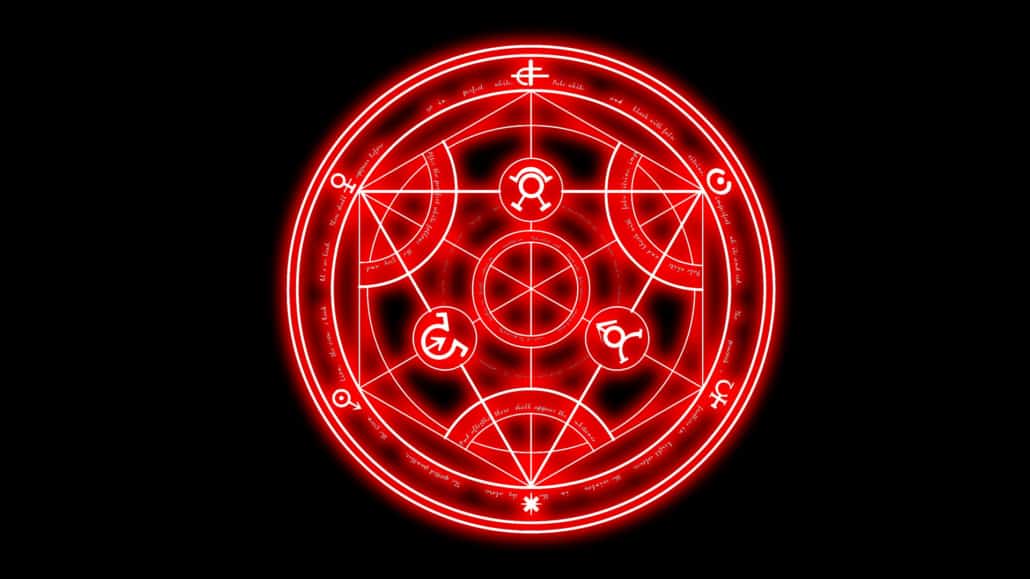
Undeniably, Fullmetal Alchemist is a tapestry of symbolic artistry that stakes a bold claim in the realm of philosophical debate and ethical inquiry. Its cunning use of symbolism adds layers of depth to storylines, revealing compelling facets of characters, geographical locations, and even the magic system itself. By inviting us to analyze and interpret these symbols, the series prompts us to reflect on our perspectives about science, religion, morality, power, and the societal dynamics that shape our world. The infusion of symbolism in this fantastic universe ultimately begs the question, are we, like the alchemists of Amestris, in the constant pursuit of our philosophical stone?
